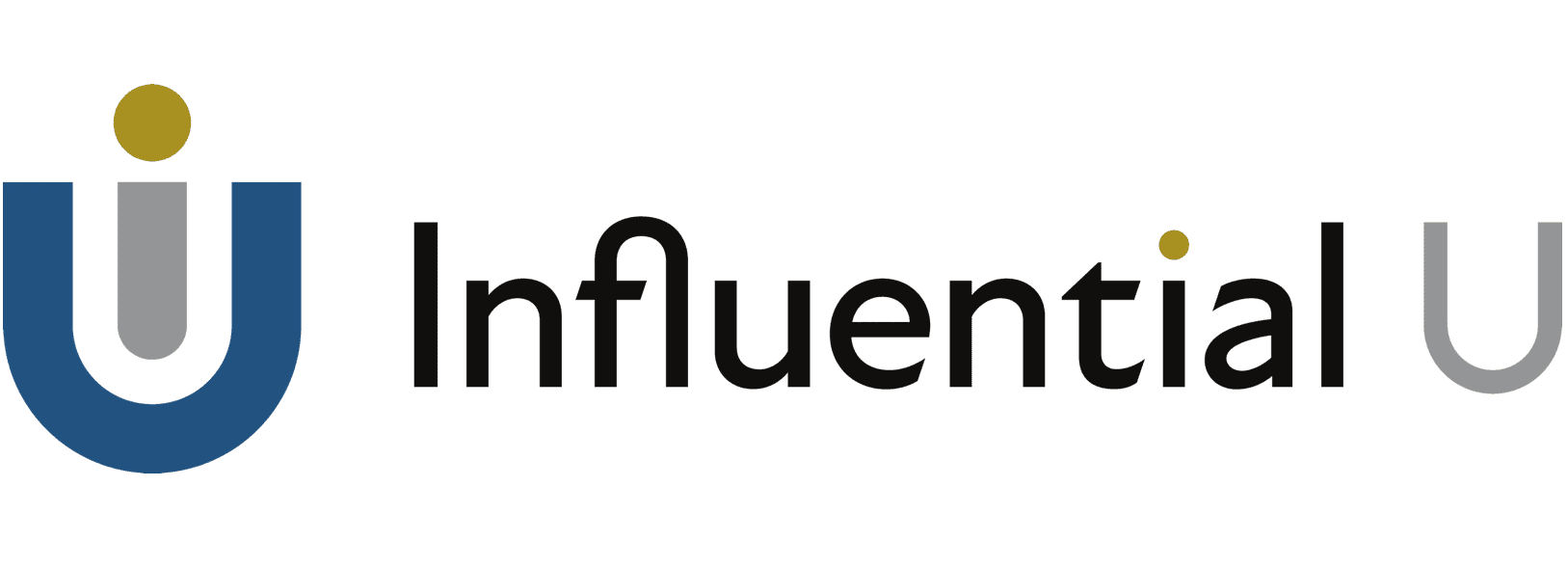The Imperative of Specialization and Continuous Improvement
The need to stand out has never been more crucial in a crowded global marketplace. Each individual must cultivate and maintain their value by developing unique skills, abilities, and solutions. This article delves into why specialization is essential, how continuous study, practice, and application contribute to personal and professional growth, and the broader implication of these efforts: your labor, value, and compensation.
The Importance of Specialization
Specialization allows individuals to carve out a niche where they can excel. In a world flooded with generalists, specialists are often the ones who are sought after and command higher respect and compensation. Here’s why:
Differentiation
Specialization sets you apart from the crowd. When you focus on a particular solution, you become the go-to person for that specific need. This differentiation is key in a competitive job market where standing out is essential for career advancement.
Example: Consider a software developer who specializes in cybersecurity. While many developers have a broad understanding of programming, a cybersecurity expert is called upon for critical projects involving sensitive data. Their unique skill set makes them indispensable.
Expertise
Deep knowledge in a specific field makes you an expert. Expertise boosts your authority and enhances your credibility among peers and potential employers. Experts are trusted advisors, often consulted for their insights and opinions, leading to more significant opportunities.
Example: Due to their specialized training and experience, cardiologists are more sought after for heart-related issues than general physicians. Their expertise ensures better patient outcomes and higher patient and peer trust.
Higher Value
Specialists often command higher salaries and fees due to their in-depth knowledge and the scarcity of their skill set. Employers and clients are willing to pay a premium for specialized skills that are hard to find.
Example: In the legal field, an intellectual property lawyer can charge significantly more than a general practitioner because of their specialized knowledge in protecting patents and trademarks.
Innovation and Impact
Specialization fosters innovation. When you immerse yourself deeply in a particular field, you are more likely to identify gaps and devise unique solutions. This ability to innovate can significantly impact your industry and lead to personal and professional growth.
Example: Elon Musk's deep dive into electric vehicles and space exploration through Tesla and SpaceX has led to groundbreaking advancements in both industries, demonstrating the power of focused innovation.
The Role of Continuous Study
Continuous study is paramount for maintaining and enhancing one's value. The world is constantly evolving, and staying updated with the latest knowledge, trends, and advancements is crucial.
Keeping Up with Trends
Regular study helps you stay abreast of the latest trends, technologies, and methodologies in your field. This knowledge enables you to adapt quickly and stay relevant, ensuring that your skills do not become obsolete.
Example: A digital marketer continuously learning about SEO changes, social media algorithms, and emerging platforms can create more effective strategies than one relying on outdated knowledge.
Broadening Horizons
Continuous learning allows you to explore different aspects of your field, broadening your perspective and enhancing your problem-solving abilities. This breadth of knowledge can lead to innovative solutions and a deeper understanding of your specialization.
Example: A chef who studies different cuisines and cooking techniques can create fusion dishes that offer unique dining experiences, setting their restaurant apart from competitors.
Enhancing Competence
Studying enhances your competence and efficiency. The more you know, the better you can perform tasks and tackle challenges. This increased competence translates into better job performance and career advancement.
Example: An IT professional who learns about cloud computing and cybersecurity can handle complex IT infrastructures more efficiently, providing better service and reducing downtime for their organization.
Lifelong Learning Attitude
Adopting a lifelong learning attitude fosters personal growth. It encourages curiosity, open-mindedness, and resilience, traits that are invaluable in both personal and professional life.
Example: A lifelong learner in any profession stays adaptable and motivated, often finding new ways to innovate and lead within their industry.
The Necessity of Practice
Practice is where theory meets application. It is through practice that skills are honed and expertise is developed.
Skill Refinement
Regular practice helps refine your skills. It allows you to apply theoretical knowledge in practical scenarios, identify areas for improvement, and achieve mastery over time.
Example: A musician practices daily to refine their technique, ensuring they can perform flawlessly in live concerts and recordings.
Building Confidence
Practice builds confidence. The more you practice, the more proficient you become, which boosts your confidence in your abilities. Confidence is crucial in taking on new challenges and pushing the boundaries of what you can achieve.
Example: A public speaker who rehearses their speeches multiple times will deliver them with more confidence and impact, engaging their audience effectively.
Learning from Mistakes
Practice provides opportunities to make mistakes and learn from them. These experiences are valuable learning tools that contribute to growth and improvement.
Example: An entrepreneur may fail with their first startup but learns valuable lessons that lead to success in subsequent ventures.
Consistency and Reliability
Through practice, you develop consistency and reliability in your work. These qualities are highly valued in any professional setting, as they ensure that you can consistently deliver high-quality results.
Example: A software developer who regularly practices coding can consistently produce clean, efficient code, making them a reliable team member.
The Power of Application
Application of skills and knowledge in real-world scenarios is where true value is demonstrated.
Solving Real Problems
Applying your skills to solve real problems showcases your ability to translate knowledge into action. This ability is highly valued in the marketplace, as it demonstrates practical competence.
Example: An engineer who designs and implements a new bridge structure shows practical application of their skills, contributing to public safety and infrastructure improvement.
Creating Value
Through application, you create tangible value. Whether developing a new product, improving a process, or solving a complex problem, your contributions make a real difference.
Example: A healthcare professional who applies their skills to develop a new treatment protocol can significantly improve patient outcomes and contribute to medical advancements.
Building a Reputation
Consistently applying your skills builds a reputation for reliability and excellence. This reputation can open doors to new opportunities, collaborations, and career advancements.
Example: A graphic designer who consistently delivers high-quality work builds a strong portfolio, attracting more clients and prestigious projects.
Gaining Experience
The application provides invaluable experience. Each project or task you undertake adds to your experience, enhancing your skills and broadening your expertise.
Example: A project manager who successfully oversees multiple projects gains extensive experience managing teams, budgets, and timelines, making them highly sought after in their field.
The Broader Implications
The journey of developing and maintaining your value through specialization, continuous study, practice, and application has broader implications beyond personal growth.
Economic Impact
Individuals who continually enhance their value contribute to economic growth. Their specialized skills drive innovation, efficiency, and productivity, benefiting organizations and economies.
Example: A software developer who creates a new app that boosts productivity can significantly impact the economy by improving business operations and creating jobs.
Industry Advancement
Specialists push the boundaries of what is possible in their fields. Their deep knowledge and innovative solutions drive industry advancements, leading to new technologies, methodologies, and standards.
Example: A researcher in renewable energy who develops more efficient solar panels contributes to advancing the renewable energy sector, promoting sustainable energy solutions.
Community and Societal Benefits
When individuals excel and innovate, their contributions extend beyond their immediate professional sphere. They can influence community development, policy-making, and societal progress, creating a positive impact on a larger scale.
Example: A social worker specializing in community outreach programs can significantly improve the well-being of underserved populations, leading to healthier, more vibrant communities.
Inspiring Others
Your dedication to continuous improvement and excellence can inspire others to pursue their own paths of specialization and growth. This inspiration fosters a culture of learning and development, amplifying the overall impact.
Example: A teacher who continually develops their skills and introduces innovative teaching methods can inspire students and colleagues to strive for excellence in their own educational journeys.
Conclusion
In today’s dynamic and competitive marketplace, developing and maintaining your value through specialization, continuous study, practice, and application is not just beneficial but essential. Specialization sets you apart, continuous study keeps you relevant, practice hones your skills, and application demonstrates your value. These elements contribute to personal and professional growth, drive economic and industry advancements, and inspire societal progress. By committing to this journey, you enhance your prospects and contribute to a better, more innovative world.

AUTHOR
John Patterson
Co-founder and CEO
INFLUENTIAL U
John Patterson steers the ship at Influential U, boldly challenging the traditional, often myopic views of success in our hyper-individualistic era. He isn't afraid to poke fun at the archaic obsession with attributing every win or loss to single actors, calling out the industry’s penchant for oversimplified 'transactional' comprehension. Leading a crack team dedicated to innovating businesses and business ecosystems, John is all about integrating the personal with the whole system—because, let’s face it, no one wins alone.



